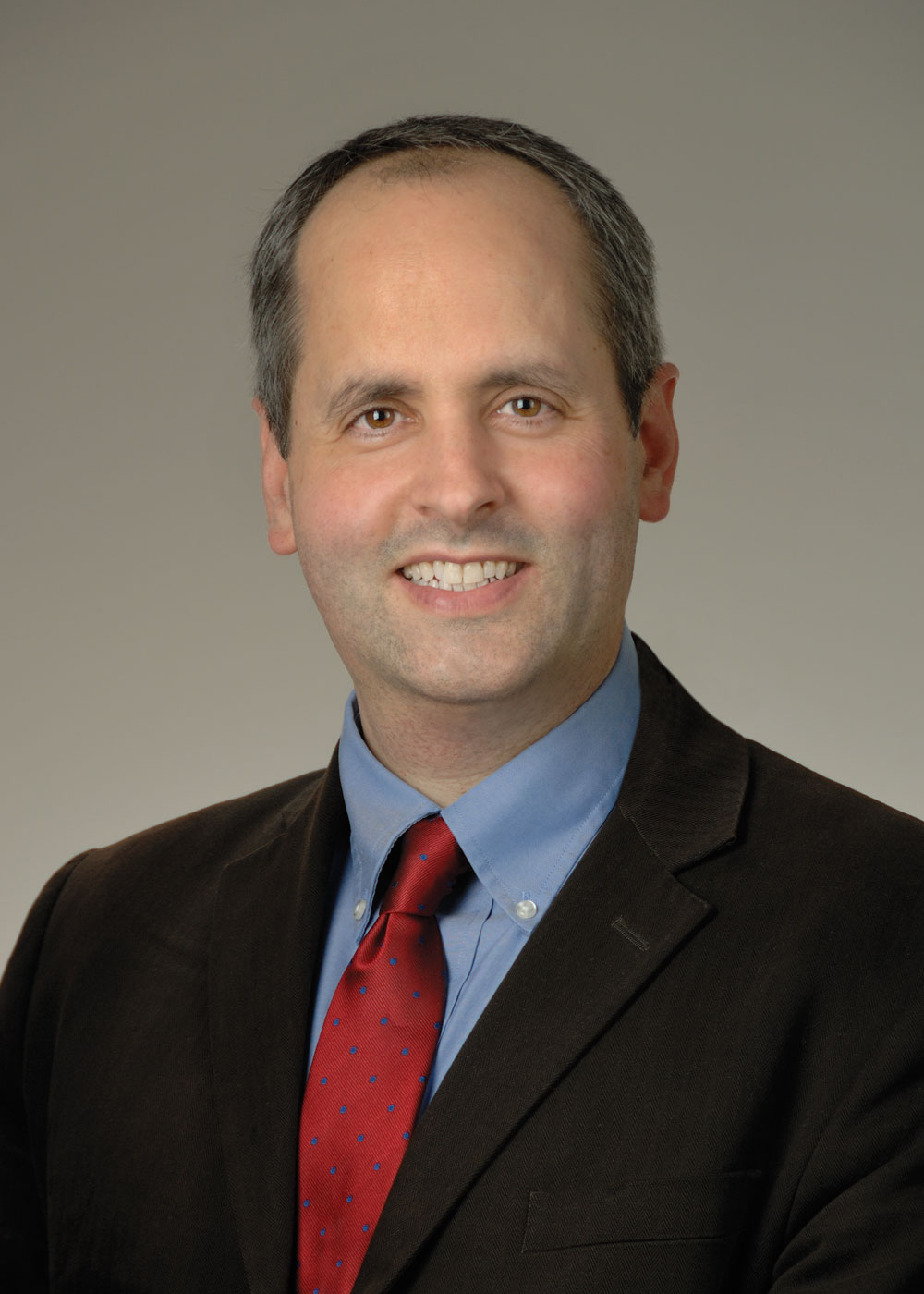This page is historical material reflecting the Feedback Loop Blog as it existed on
February 4, 2015. This page is no longer updated and links to external websites
and some internal pages may not work.
February 4, 2015
Archived: Give Input on Proposed Center for Research Capacity Building
At our recent Advisory Council meeting, I announced that we are proposing the establishment of a new organizational unit in NIGMS: the Center for Research Capacity Building (CRCB). As the name implies, it would serve as the hub for our capacity-building programs, which include the Institutional Development Award (IDeA), Support of Competitive Research (SCORE) and Native American Research Centers for Health (NARCH). These programs are now housed in a branch of our Division of Training, Workforce Development, and Diversity.
Among the factors that contributed to this plan are the complexity of our capacity-building programs and the broad range of scientific areas and grant mechanisms they support. We believe that the new organizational structure would allow for more efficient planning, coordination and execution among these programs’ research, research training and research resource access activities.
The head of the new center would report directly to me and be part of the Institute’s senior leadership. Beyond that change, we do not plan to alter the missions, goals, staff or budgets of the IDeA, SCORE and NARCH programs as a result of the reorganization. Also remaining the same would be the review of applications and most grants management and review staff assignments.
We invite your input to inform our planning. Please post your comments by February 18, 2015.
Update: Thank you for your valuable input on this organizational change. A post announcing the establishment of the center is at http://loop.nigms.nih.gov/2015/05/establishment-of-our-center-for-research-capacity-building/

